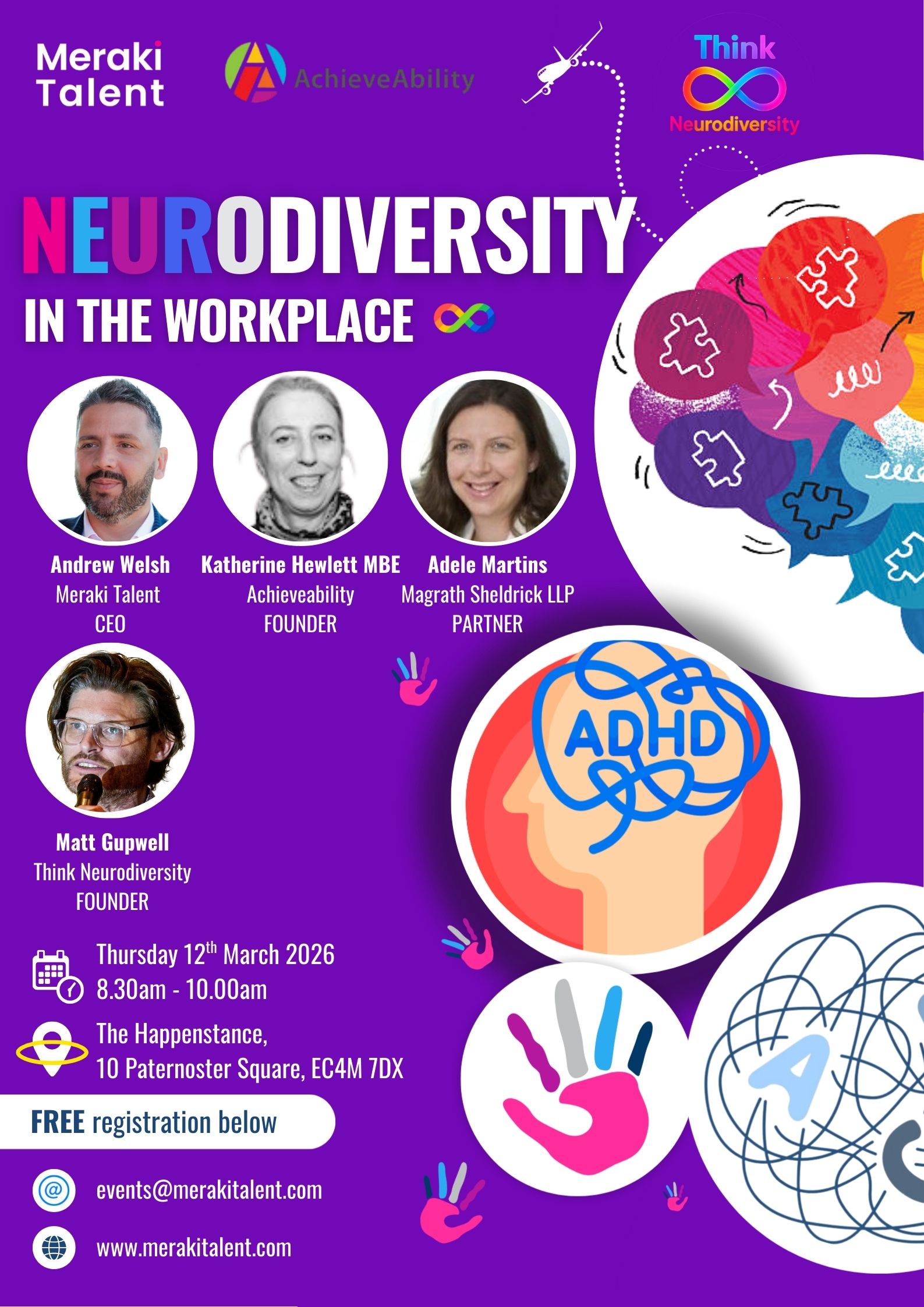
Three ways to future-proof your career in 2025
| 07/01/2025
The job market is changing faster than ever, and standing still is not an option. Whether it’s the rise of AI, shifting skills demands, or new jobs emerging, staying ahead means being proactive. Future-proofing your career isn’t about predicting the future - it’s about preparing for it. Here’s how you can adapt, evolve, and thrive in 2025 and beyond.
1.Commit to lifelong learning and build transferable skills
In 2025 and beyond, staying relevant means combining a mindset of continuous learning with developing skills that apply across industries. Lifelong learners stand out by mastering new tools, understanding trends, and embracing growth. At the same time, transferable skills, including communication, adaptability and problem-solving, will make you resilient to change and indispensable to employers.
How to start:
- Dedicate time to growth: Spend 30 minutes weekly on upskilling through podcasts, courses, or reading industry articles.
- Explore microlearning through platforms - including LinkedIn Learning, Coursera, and Udemy. These offer bite-sized lessons that fit into your day.
- Stay adaptable: Track industry trends and follow industry leaders and publications to learn about emerging skills in your field.
- Develop your problem-solving skills: Take on challenging work projects, even if they’re outside your comfort zone.
2. Develop self-belief
Don't confuse self-belief with overconfidence. Self-belief is a foundation that empowers resilience. Even the most experienced professionals and high-performing public figures mention imposter syndrome. Approximately 80% of individuals experience imposter syndrome at some point. Research from NerdWallet found that 78% of business leaders have experienced imposter syndrome at some stage in their careers. Sheryl Sandberg, the former Facebook COO and Lean In author, has spoken about self-doubt and inadequacy. This is despite her professional achievements. Peter Harrison, CEO of Schroders, a leading asset management company, admitted to imposter syndrome upon joining the firm. Reflecting on his non-traditional background, Harrison said he felt like an outsider when he first walked through Schroders' doors.
Imposter Syndrome is most prevalent in those starting their careers, and also those reaching the end of their careers. As professionals, we all want to believe that we're talented, hard-working, driven, capable, and ready for anything our careers present us with. We all need to believe in ourselves.
A technique for silencing the inner critic is to track your positive feedback, accomplishments, and milestones. In moments when your confidence may be low, remember all the things you have achieved so far. Save emails with positive feedback, certificates, and company awards to look back on when you need a confidence boost. Recognising that growth comes from learning, not perfection, is also key.
Improving self-belief for professionals involves setting clear goals, embracing continuous learning, and celebrating small successes. Self-belief empowers you to adapt, take risks, and seize opportunities, helping you to future-proof your career in a changing and competitive landscape.
3. Develop your personal brand
In a competitive job market, you need to stand out. Self-branding is how you communicate your value to employers and colleagues. When applying for a job, you’re marketing your skills, experience, and potential to a company. To stand out, you need to identify what sets you apart from your peers and what unique value you can bring.
Take time to reflect on:
- What do you want to be known for?
- Identify your strengths and your personal story.
- Use LinkedIn to write posts, share achievements, or create content that highlights your skills.
Make sure your CV and LinkedIn profile show your expertise and achievements. Use examples of your work. Include measurable results, project milestones, or links to published content. Confidence is the basis for a strong personal brand. When you appreciate your worth, others in the workplace will see it too.
The most successful professionals see learning as a journey, not a destination. Your learning and growth mindset sends a message to your manager and future employers that you’re ready to take on tomorrow’s challenges. In 2025 and beyond, the ability to adapt and grow will set you apart. Whether mastering new tech, learning a foreign language, or understanding emerging trends, never stop learning.
Find out what jobs Meraki Talent has on offer.
Find out what jobs Meraki Talent has on offer.
